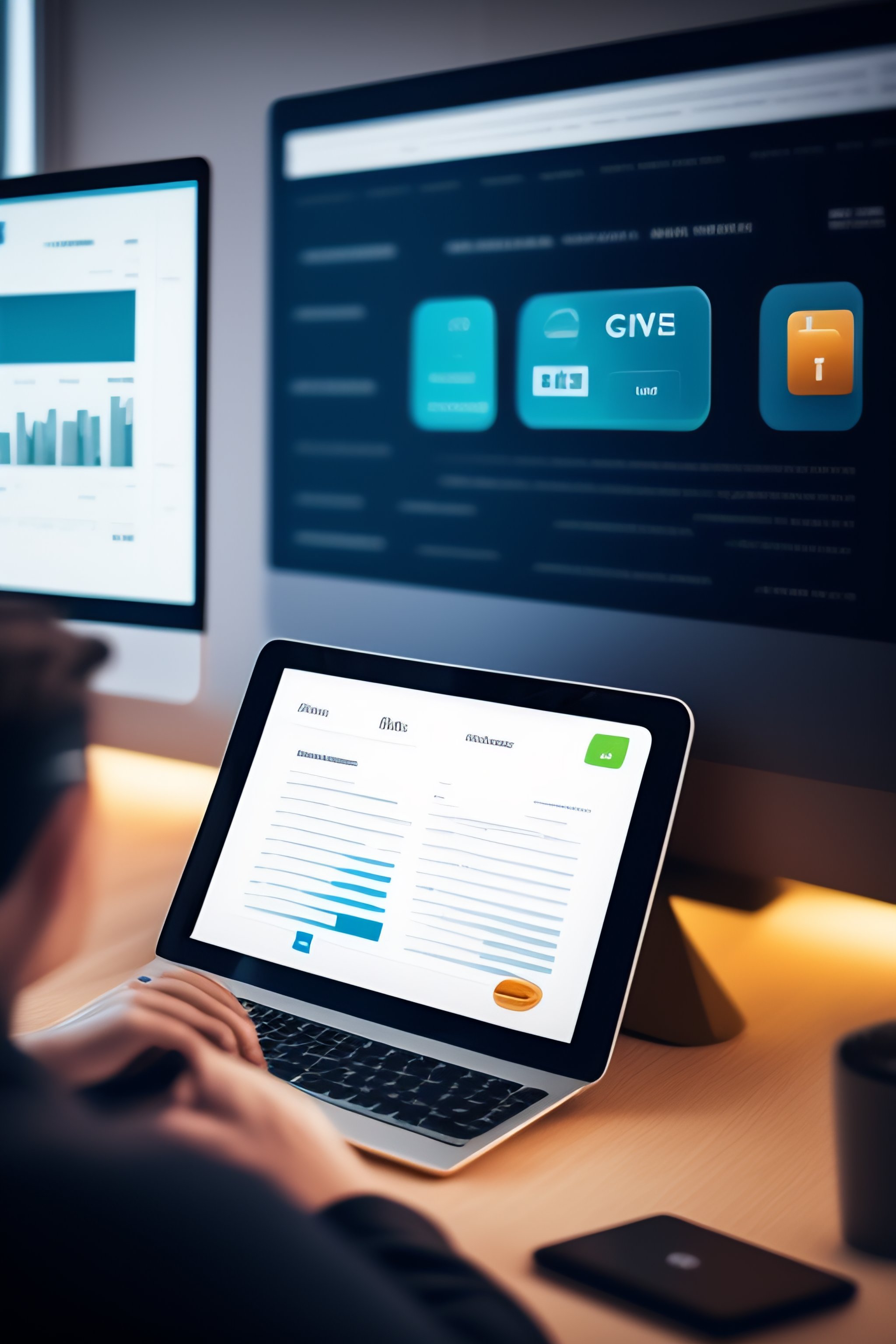How To Obtain Your Free Credit Report And Monitor Your Financial Health

If you’re interested in taking control of your financial health, one of the best things you can do is to obtain a free credit report and understand what it contains. In this blog post, we’ll discuss how to obtain your free credit report, how to read and interpret it correctly, and most importantly, how to use it as a tool for monitoring your financial health. We will also explore various ways you can actively monitor your financials so that you are always on top of any potential problems.
Introduction
Are you curious about the state of your financial health? Are you concerned about possible identity theft or fraudulent activity on your credit report? If so, monitoring your credit report is an essential step to ensuring your financial wellbeing. In this blog post, I’ll explain how to obtain a free copy of your credit report and discuss the importance of regularly checking it for accuracy. Additionally, I’ll provide tips on how to guard against identity theft and ensure that your personal information stays secure. Read on for more advice on monitoring your financial health through regular review of your credit report!
What Is A Credit Report?
A credit report is a comprehensive summary of your overall financial history. It contains information about your open and closed accounts such as mortgages, credit cards, student loans, and auto loans. It also includes any late payments or bankruptcies that you may have had on these accounts. By law, you can obtain one free copy of your credit report from each of the three reporting bureaus – Equifax, Experian, and TransUnion – once a year by visiting annualcreditreport.com. Knowing what information is in your credit report and keeping an eye on it can help you stay financially healthy.
Obtaining Your Free Credit Report
Getting a free credit report is a great way to monitor your financial health. You can obtain your free credit report from annualcreditreport.com, the only website authorized by the federal government. By visiting this website, you’ll be able to access all three of your major credit reports from Equifax, Experian and TransUnion. All of this information can be provided for free as per the Fair Credit Reporting Act which requires each company to provide a copy of any report once every 12 months at no cost to you. Additionally, these reports will not affect your credit score and there are services offered on the website that allow you to monitor changes in your score throughout the year. Obtaining your free credit report is a great way to ensure that all of your financial information is accurate and up-to-date – allowing you to get a handle on your finances and make wise decisions for yourself and family moving forward.
Understanding Credit Reports And Scores
Understanding credit reports and scores is an important part of monitoring your financial health. Your credit report contains information about your current or past loan payments, defaulted accounts, bankruptcy records, hard inquiries from lenders that have requested to review your credit report, and more. Your credit score is a three-digit number – ranging from 300 to 850 – that represents the overall risk of lending to you based on what appears in your credit report. It’s important to understand the components of both your credit report and score to ensure you are taking proactive steps in maintaining a healthy financial status. By obtaining a free copy of your annual credit report and regularly reviewing it for discrepancies or errors, you can stay informed about all aspects of your financial health.
Monitoring Your Financial Health
Monitoring your financial health is an important part of maintaining a good credit score. To track your personal finances, it’s essential to obtain your free credit report from annualcreditreport.com. This will provide you with insight into the information that lenders use when considering lending you money. Along with reviewing your credit report, it’s important to pay attention to the following indicators of financial health: keeping a budget, regularly checking and monitoring bank accounts, maintaining accurate and up-to-date records of all income sources as well as debts and loans owed, making timely payments on bills, being mindful of how much consumer debt one accumulates, and staying knowledgeable about investments. With careful monitoring and maintenance of these components of financial health, you can create a secure financial future for yourself.
Conclusion
In conclusion, obtaining and monitoring your free credit report is an essential part of maintaining financial health. Knowing what’s on your report can help you to identify any potential identity theft activities, repair damages done to your credit score, and make better informed decisions about future loan applications. While it can be a time-consuming activity, taking the time to check in on your credit and financial health is worth it for the peace of mind that comes with knowing that things are in order.